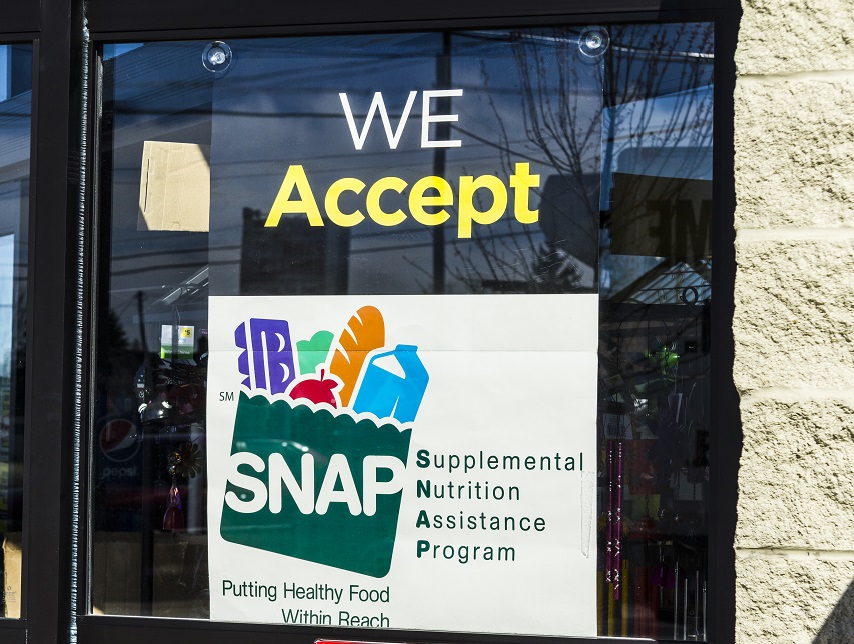
Stay on top of the latest news and research
Make sure you have all the facts about hunger and the federal nutrition programs.
Recent Publications & Data
See More Resources- Fact Sheet
Congress must take immediate action to ensure the Farm Bill — or any legislation — reverses the devastating cuts and harmful impacts on the Supplemental Nutrition Assistance
Read the fact sheet
Program (SNAP) that were included in the budget reconciliation law, H.R. 1. Protecting SNAP is protecting America’s health, economy, and future. - Report
The budget reconciliation law (H.R. 1) represents the most significant retrenchment of the Supplemental Nutrition Assistance Program (SNAP) in decades. FRAC’s City Playbook is designed to help municipal leaders understand the scope of what’s coming, anticipate challenges, and prepare coordinated responses with state, federal, and community partners.
Read the playbook - Best Practice
The federal Summer EBT Program helps to ensure that more children from households with low incomes have access to adequate nutrition during the summer months. Learn how schools and school nutrition staff can play a critical part in ensuring the success of the program, along with outreach best practices from schools across the country.
Read the fact sheet - Best Practice
Download this practical checklist to help transition‑age youth with foster care experience and/or housing insecurity keep or apply for SNAP as new time limits from the budget reconciliation law (H.R. 1) take effect. It equips advocates and caseworkers with clear guidance to support young people who rely on SNAP to put food on the table while navigating the adult world of work, training, and housing.
Download the checklist

